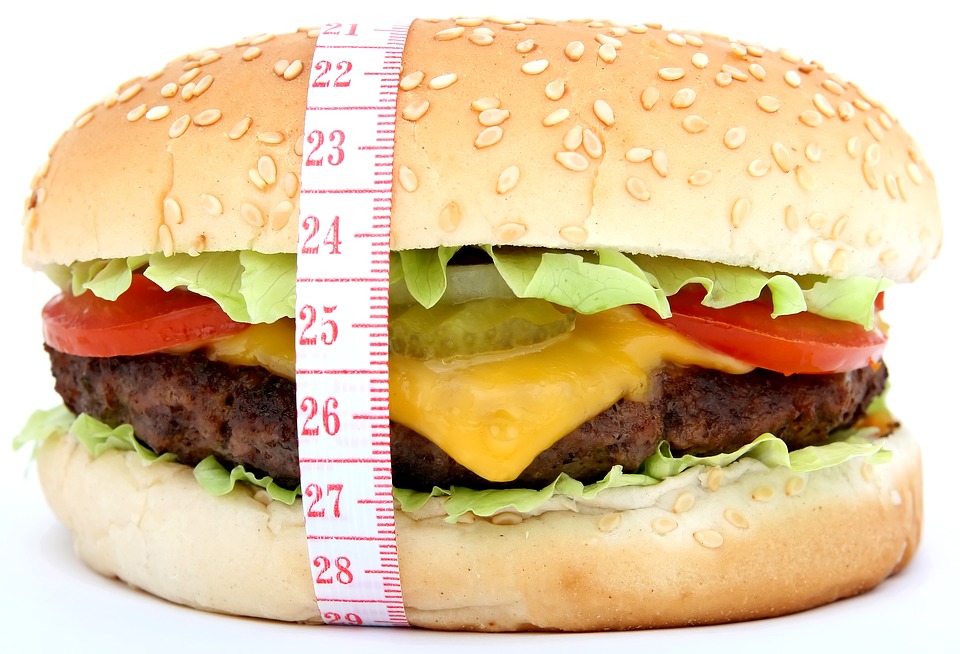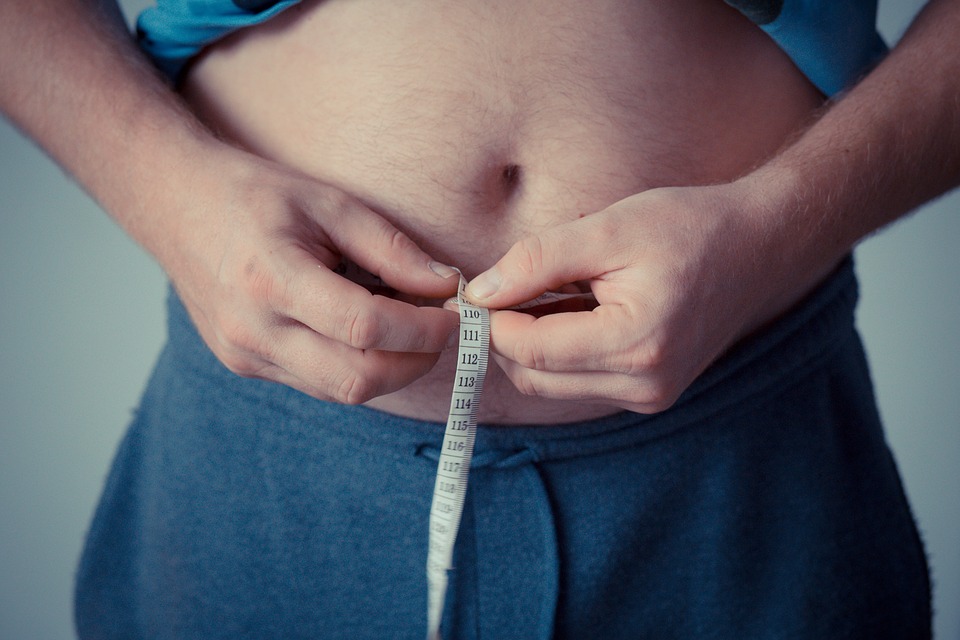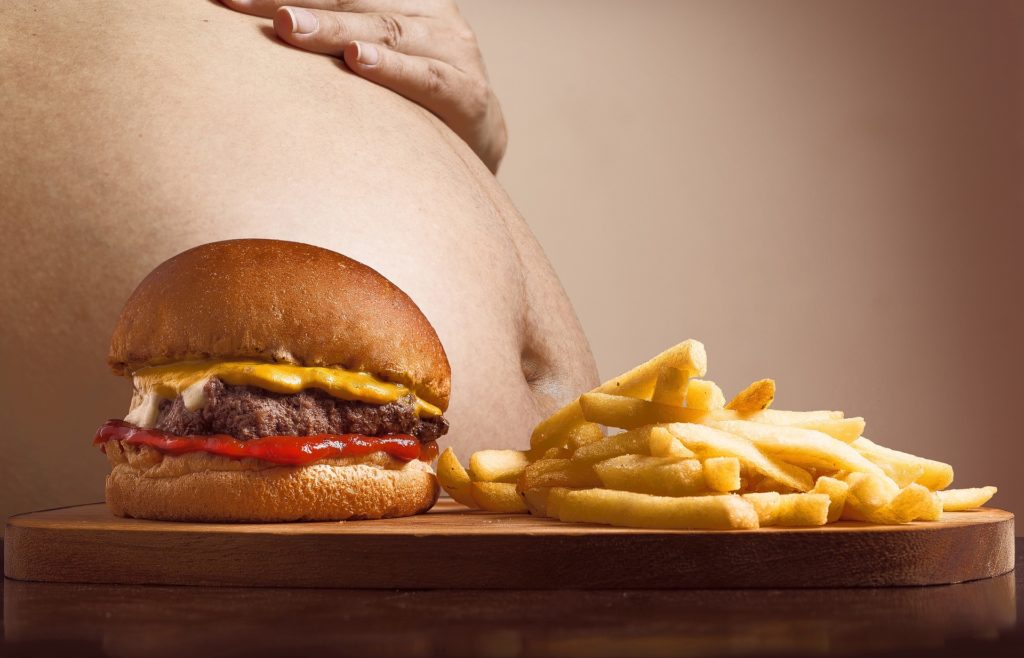Why Obesity In The US Is On The Rise (And How To Avoid It)

Since the 1980s, obesity in the US has been dramatically on the rise. As it stands, close to 40% of Americans are classified as obese, while 19% of young people (those between two and 19) are afflicted with the condition. These are startling statistics that suggest America has a severe problem when it comes to obesity, more so than any other country on the planet in relation to its population size. Moreover, research shows that this is fairly modern problem among Americans, as in general, the average weight has gone up 26 pounds since the 1950s, with obesity showing a sharp incline from the late 80s to early 2000s, and increasingly steadily from there ever since.
So why is the trend of obesity in the US occurring? The easy answer is that as a country we eat more and exercise less; but the actual causes of rising obesity are a little more complex than that. Obviously, we as a country didn’t just start lacking the willpower to resist the temptations of fattening foods. The shift lies in the way unhealthy foods are presented to us. One major factor is that fast food advertising is now directly aimed at children, much more so than it was in years past. The ads are flashier, louder, and more colorful, and generally aim to incorporate fast food and heavily sugared products into a child’s life from an early age. While this is great for fast food chains’ bottom lines, it’s not so great when it comes to obesity levels in children.

Another factor is that we spend more time watching television. It’s a cliched reason, but one that sadly rings true in the era of smartphones, tablets, laptops, and video-on-demand. We are constantly surrounded by screens, which makes it all too easy to transition from one to the other; you might finish some work on your laptop, scroll through Twitter for half an hour on your phone, read an article or two on your tablet, then catch up on three or four episodes of your favorite Netflix show. Yes, you’re getting things done and being productive, but there’s a distinct lack of physical movement in the way we live our lives today.
Although a lack of exercise is a factor, however, it is a minor one when compared to changes in the American diet since the early 80s; in fact, you could say it acts as a catalyst for the major change in the way we consume food. Portion sizes are a huge part of the problem – literally. Servings of all meals have expanded time and time again in the last 30 years, and frighteningly, don’t show signs of slowing down anytime soon. In fact, we have done the opposite and instilled a culture of ‘the bigger the better’, where we feel short-changed if we’re not getting the largest portion possible. As a nation, we also drink a startling amount of sugared drinks these days – buckets of the stuff, with free refills becoming the norm in many restaurants and cafes. Advertising for these kinds of drinks has also intensified. Taken together, these elements form a deadly cocktail of obesity in the US, which has been rising steadily over the last number of years.

Obesity in the US can be classified as a disability in some ways, leaving sufferers unable to complete simple tasks that the rest of us take for granted. Take parking, for instance; if the severely obese can’t benefit from a handicap parking space or disabled parking spot near their destination, then it makes their lives extremely difficult. Obesity impairs movement, which means sufferers should be entitled to a disabled parking permit. But very few people with more extreme forms the disorder realize they are actually able to be granted one of these handicap permits. It is dangerous to write obesity off as an inconvenience and not treat it like the serious, potentially life-threatening disorder that it is.
Of course, the focus should be on treating obesity, and if at all possible, preventing it entirely. So how do you accomplish that? Well, in line with the causes, the obvious (and very effective) measure is to cut down on junk foods and start eating more healthy options like fruit, vegetables, nuts, and salads. You don’t have to cut out all the sweet treats completely, of course; just keep them in check and maybe don’t go for that extra Coke refill when you’re out and about. Try to fit in some exercise to your week, even if it’s just walking somewhere you’d usually get to with public transport or in your car. Obesity is much harder to deal with the longer it goes on; as with every disease out there, preventative measures are the best step. Yes, it’s hard when we live in a world that’s trying to cram fast food and sugary drinks down our throats (literally); but a few small adjustments to your lifestyle could make all the difference.